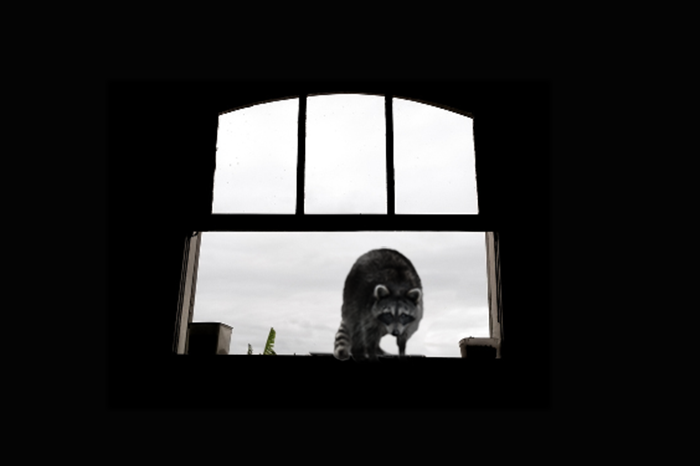I’ve always known how overwhelming the college application process can be, but this is the first time I’ve experienced it firsthand with my own child. I’m continually struck by the level of accompanying stress, but what I didn’t see coming? The stress I would feel as her parent.
Sentence x Sentence Dispatches from the Pursuit of Good Writing
My grandmother immigrated to the U.S. from Lebanon and, for years, worked as a seamstress in a uniform factory. By the time I was born, she lived alone in the three-bedroom duplex. Imagine my surprise, then, when I discovered an entire room dedicated to frivolities: a mannequin, a collection of yardsticks, and notebooks written in a cryptic hand.
The lights of the theater dimmed and all I could think was, "Is this really a good idea?" From a young age, I’d believed I was destined for a different kind of performance. But here I was, at age twenty-seven, backstage at Improv Boston, about to perform a sketch comedy show. Three years later, I would quit my electrical engineering job to pursue writing and teaching full time.
I asked her to draw a map. This is something I do sometimes when a student tells me they have nothing to write about. I have them draw their hometown or a place they know well. I have them sketch landmarks and points of interest. No detail is too small. At this early stage in the writing process, our work is to deal with self-doubt by gathering possibilities.
I recently wrote a message to our team in anticipation of our summer work with students who will be writing out of their life experiences for their college applications. I share my reflection here because it provides a look inside our coaching for those who are curious to know who we are, what we do, how we think, what we talk about.
I’ve been tickled by the arrival of Chat GPT, the sleek, A.I. algorithm that can transform our jumbled brainstorms into pristine sentences. I’ve been asked if I was worried, but I’m not terribly concerned. In fact, Chat GPT and I have something in common: the “chat” element.
Early in the writing process, performing is my worst enemy. The cursor keeps blinking while I keep staring. The problem in these moments is that I’ve leapfrogged over writing, straight to publishing, and to what I think the audience wants from the final draft. And then … I’m frozen.
A student of mine once wrote about an art assignment that involved a blank canvas, paint, and a salt shaker. These were his tools. His purpose: to let process dictate a subject — what would he see by experimenting with these materials?
The first thing she saw was the open kitchen cupboards. Then she heard a crunch underfoot. She looked up and saw the window — which opened onto a fire escape — ajar. And she knew, with a shiver, that she had a problem.
As a young writer, I often felt I needed to write about something beyond myself — something accessible only to writers older, more intelligent, more talented than I was. This pressure often resulted in stagnant, dreadful writing, full of clichés.
The fall of my senior year, I spent a very long time not writing my Big College Essay. It was a project I was already supposed to know how to do — two pages with just one job: to capture, in entirety, who I was.
Every joke depends on sentence design. Just as a stand-up onstage is alert to the structure and style of delivery, I listen with students to their original ten sentences.

 ' />
' />











